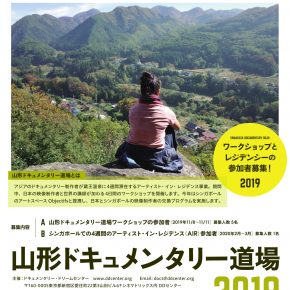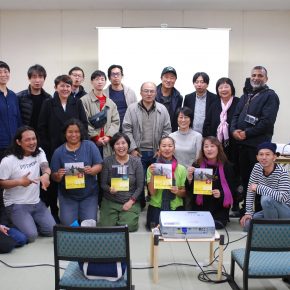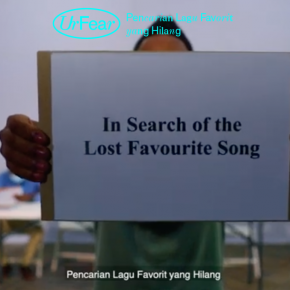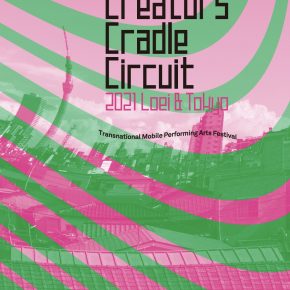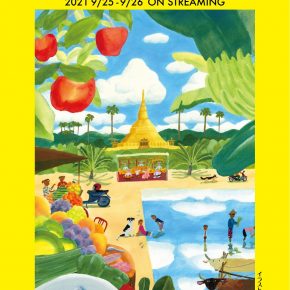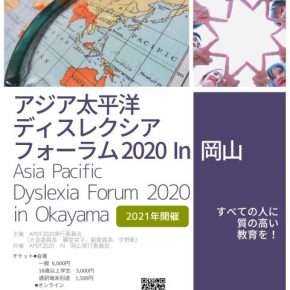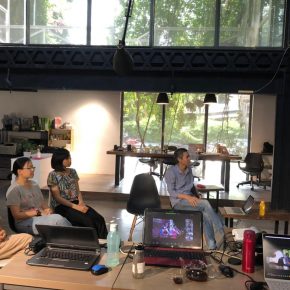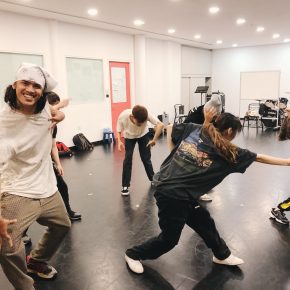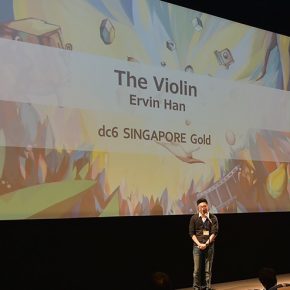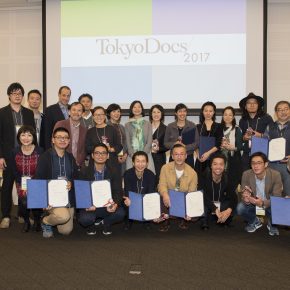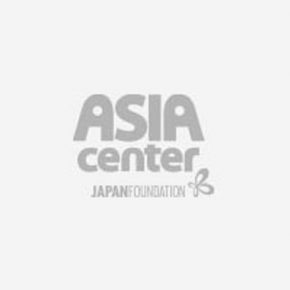Yamagata Documentary Dojo is a 30-day residency program for Asian filmmakers in a hot spring spa resort in the mountains of Yamagata, Japan, known for the biennial international documentary film festival. For this third edition in the midst of a global pandemic, one filmmaker from Japan stayed in Hijiori Onsen, Ohkura Village, while other filmmakers experienced the program in their respective countries, with regular online correspondence and sharing. The program gave filmmakers with documentary film projects the opportunity to work intensely on their rough cuts, deepen creative ambitions, and to receive mentorship from fellow filmmakers and industry professionals. For a four-day online workshop, the group was joined by mentors and three other Japanese filmmakers with projects. Six months later in August, the group gathered again for a three-day workshop, half online and half in person. In short, a collaborative exchange program of documentary filmmakers from Japan and Southeast Asia took place over half a year. The program was organized in partnership with Yayasan Kino Media and Minikino, Bali, who provided a second hub and support community for participating filmmakers.
事業ウェブサイト https://ddcenter.org/dojo/
平成26年度 アジア・市民交流助成実績
https://grant-fellowship-db.asiawa.jpf.go.jp/ja/grant/pp1417/
平成28年度 アジア・フェローシップ実績
https://grant-fellowship-db.asiawa.jpf.go.jp/ja/fellow/fs1608/
平成30年度 アジア・文化創造協働助成実績
https://grant-fellowship-db.asiawa.jpf.go.jp/ja/grant/cc1804/
令和元年度 アジア・文化創造協働助成実績
https://grant-fellowship-db.asiawa.jpf.go.jp/ja/grant/cc1904/
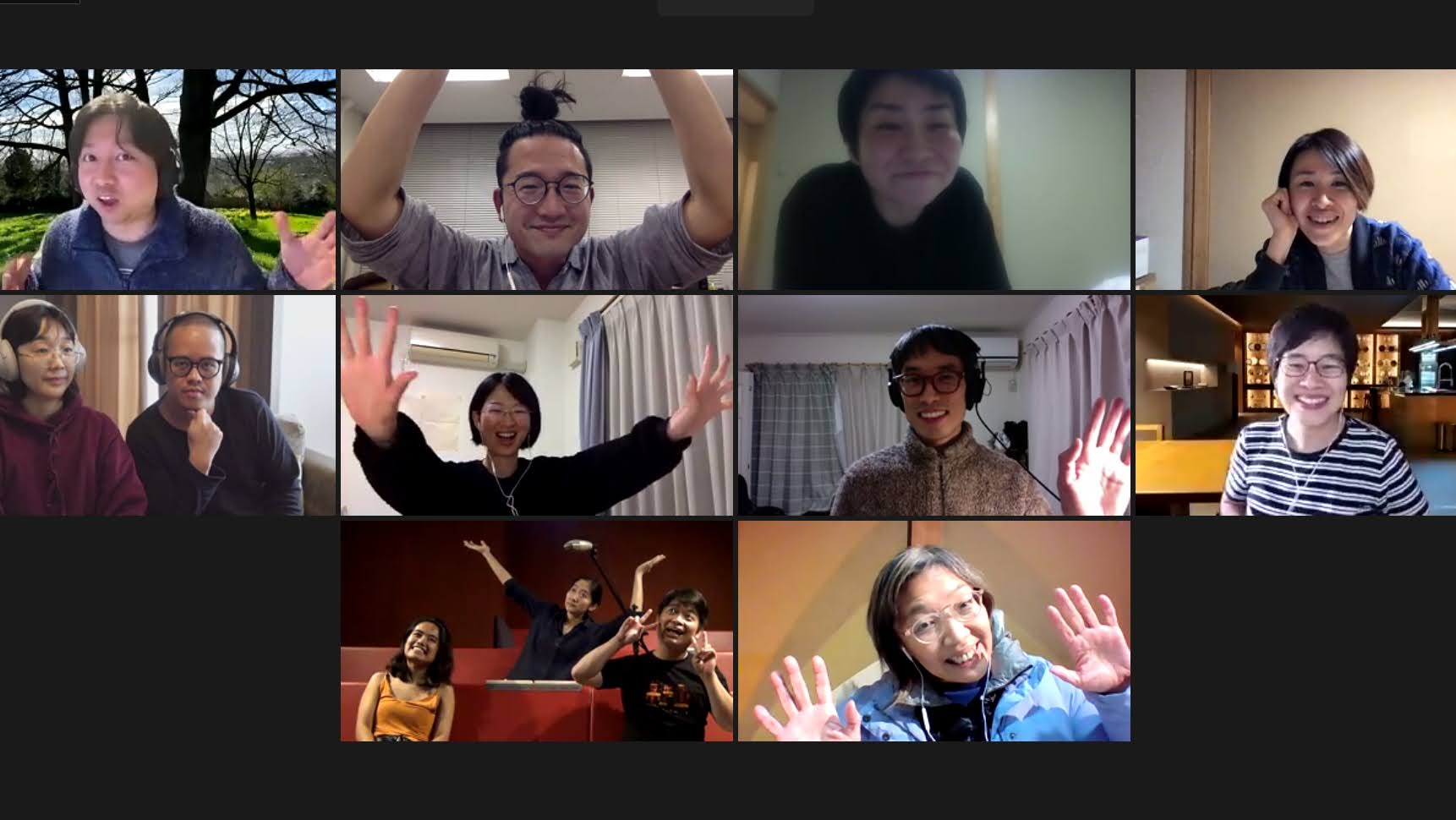
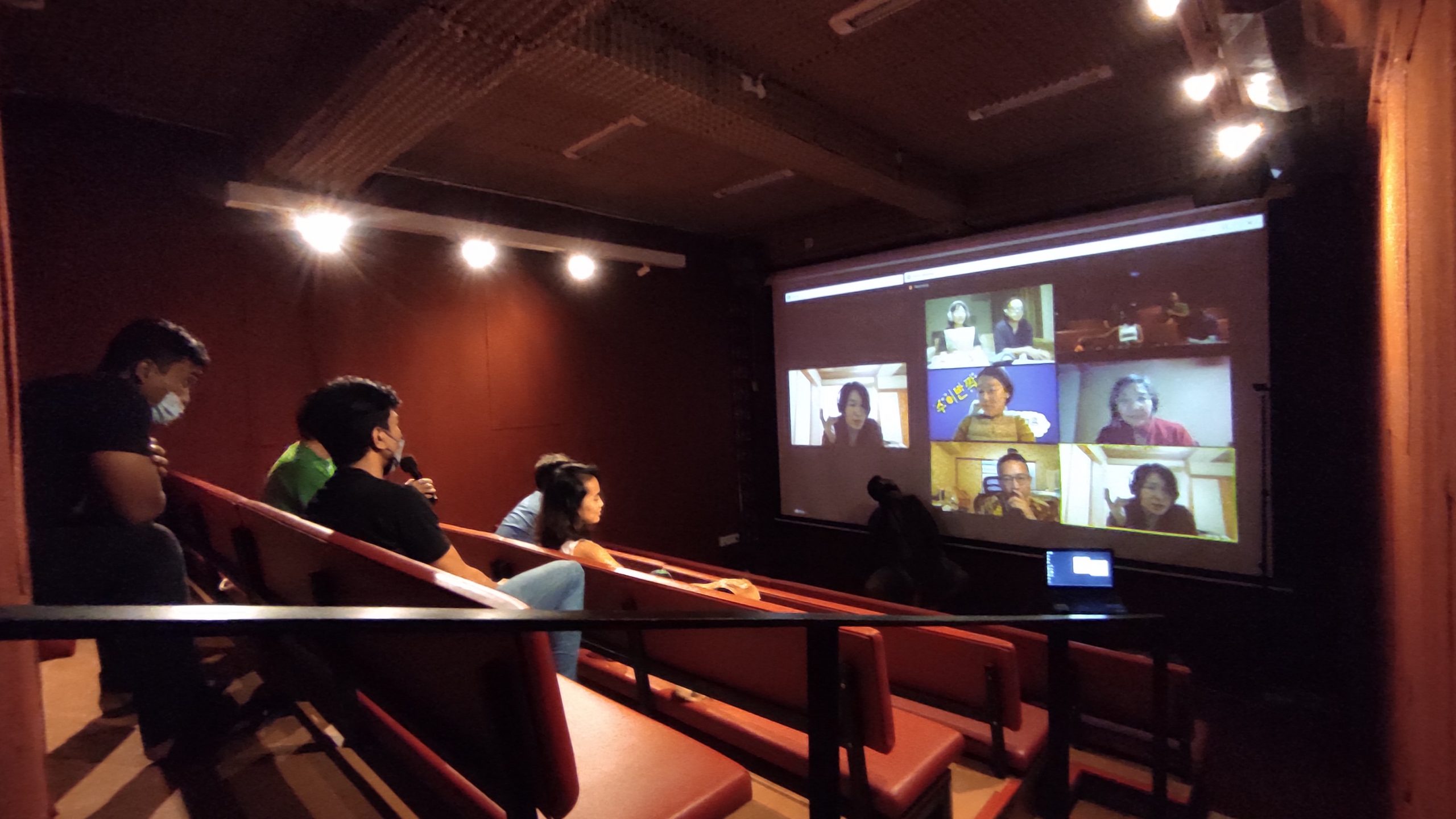
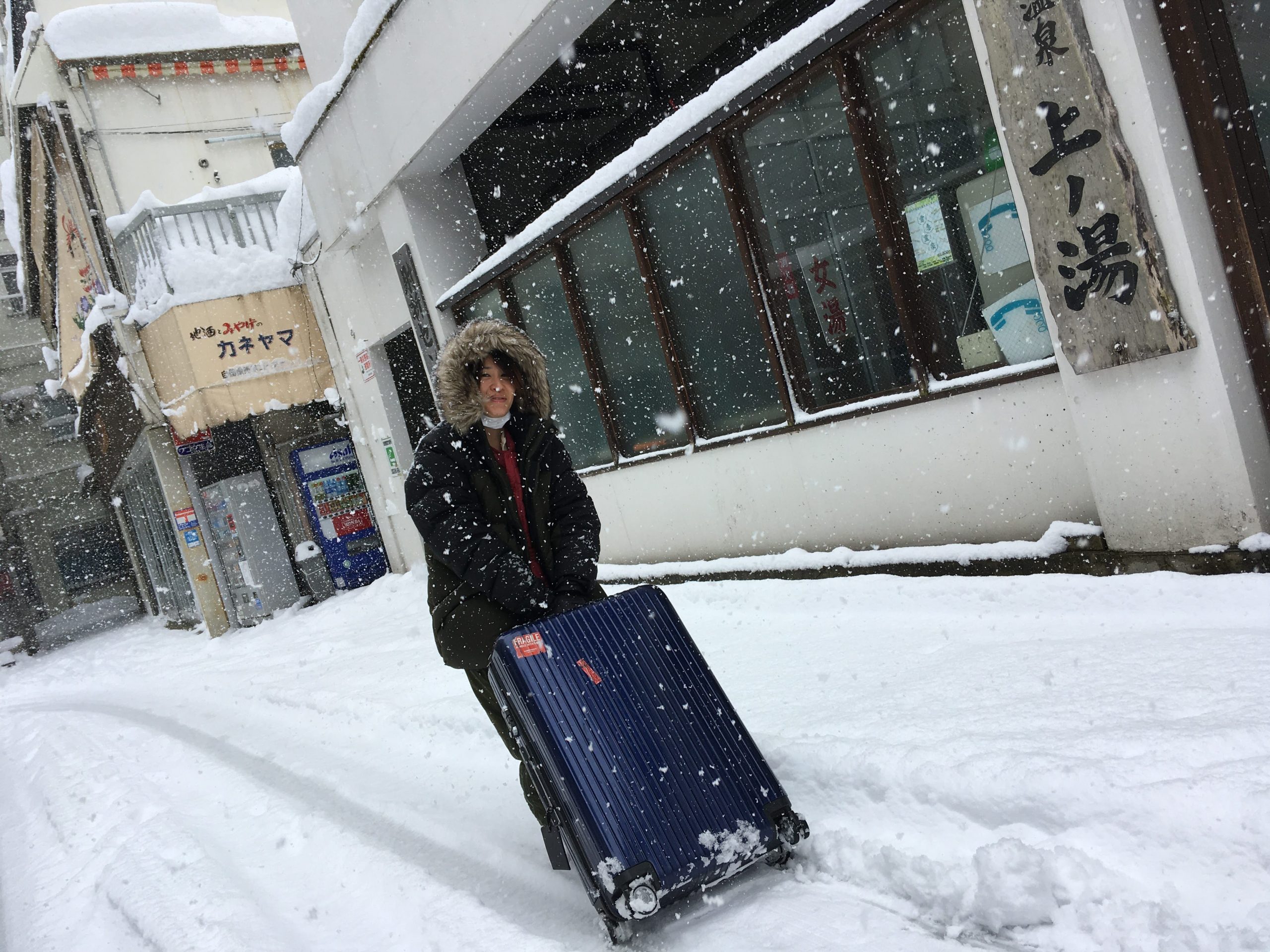
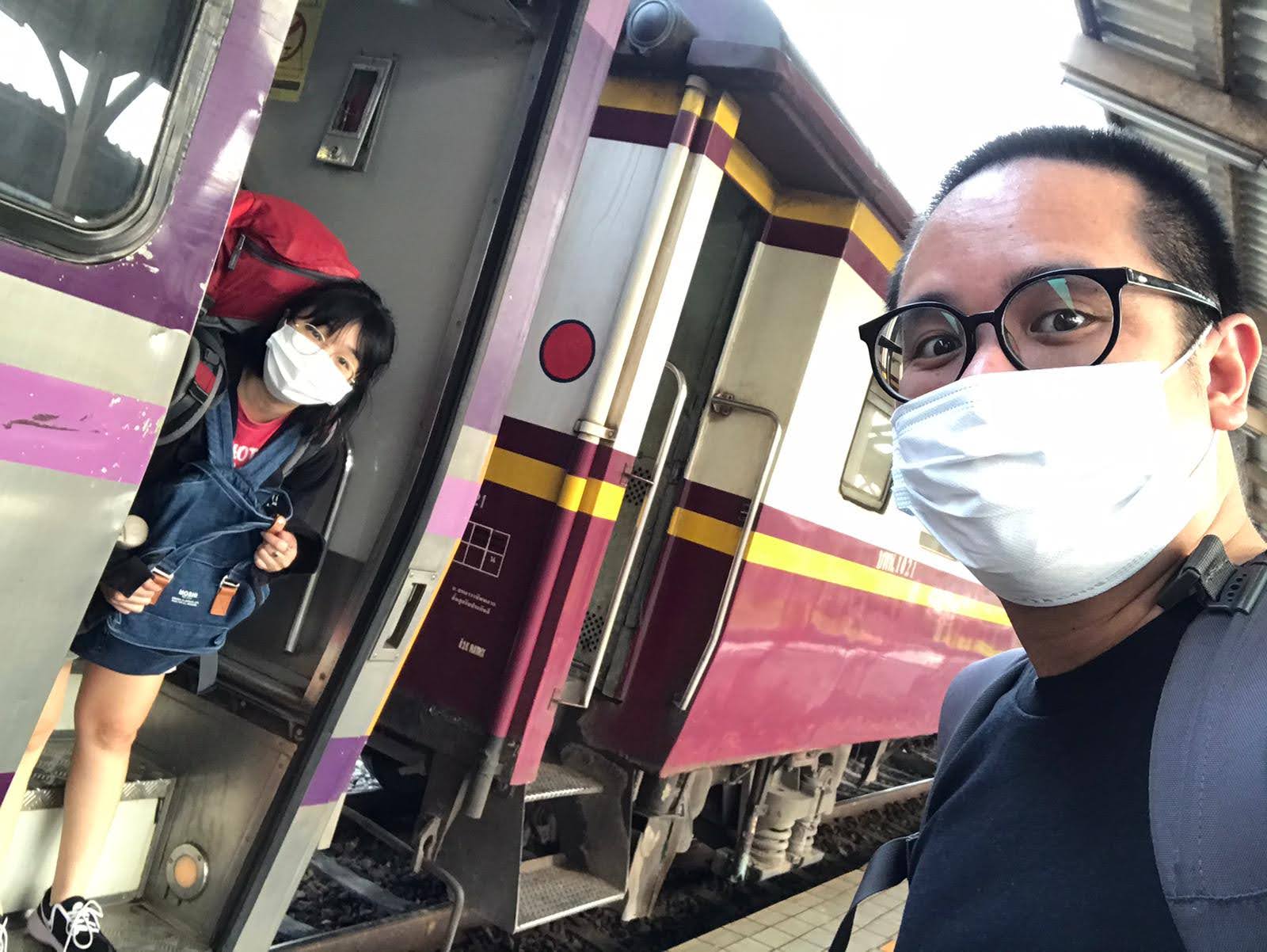
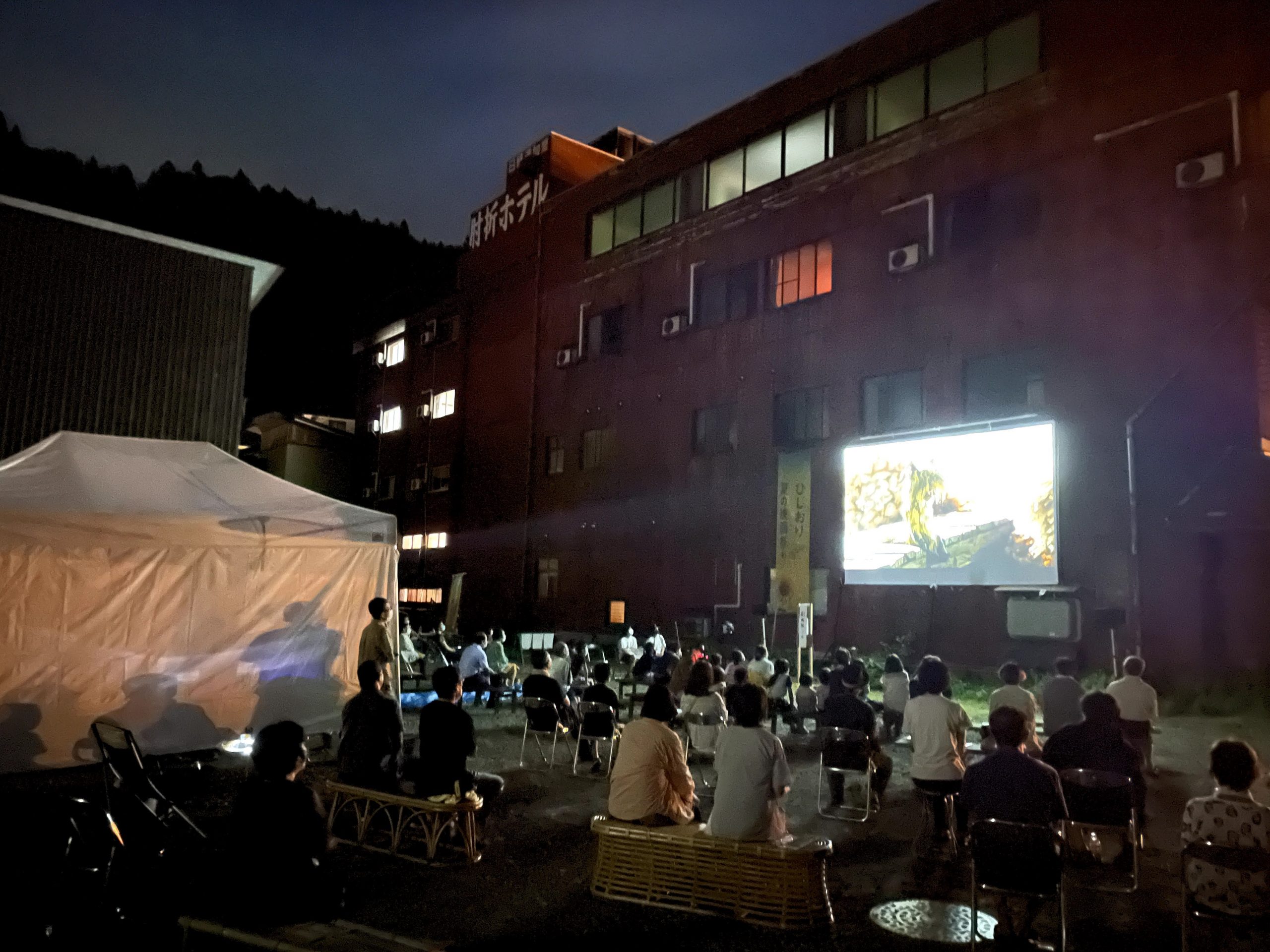
- Related Countries
- Indonesia, Thailand, Singapore, the United States
- Co-organizer(s), Cooperator(s)
- Yayasan Kino Media / Minikino
- Yamagata International Documentary Film Festival
- 大蔵村観光協会
From the Organizer
In moving this project to Okura Village Hijiori Onsen for the first time, we made sure to visit many times in advance in order to deepen the relationship with the local community. Our priority was to follow the national and prefectural guidelines for COVID-19 safety and be attune to the atmosphere in the community regarding visitors from outside. Confirming the ever-changing guidelines for infection control, rewriting the plans and budgets to be submitted to each grant organization, and consulting and coordinating with each participating filmmaker, the preparations were complicated and difficult. Until we finally confirmed and revised the program to be held almost completely online, our worries did not end.
In a period when face-to-face contact and exchange between people are discouraged, we were forced to reconsider the significance and value of international cultural exchange.
Nevertheless, when we actually began our daily online exchanges, we were happily surprised. The young participants were motivated and fully skilled in communicating online, the mentors were no less enthusiastic and generous, sincere and selflessly sharing, and each film project was exciting and full of promise. Our melancholy was blown away. While the video conference format and the emphasis on verbal expression lent an artificiality to our exchange, and facing the computer screen at length burdened us physically and mentally, we also discovered the positive. In addition to the idea of “exchange”, there were two other goals of this project which the participants were reacting to -- "contemplation" and "deepening". We were convinced that the achievements of this program had value.
One of the film projects that changed its shape in the course of this program was the Thai documentary "Scala". It was completed within a year of the Dojo and was officially invited to premiere at the Berlin International Film Festival. The Japanese film project ("Rokyoku Story") will soon be completed and is scheduled to be released later this year. In this sense, we are proud of the fact that this project is definitely bearing fruit.
